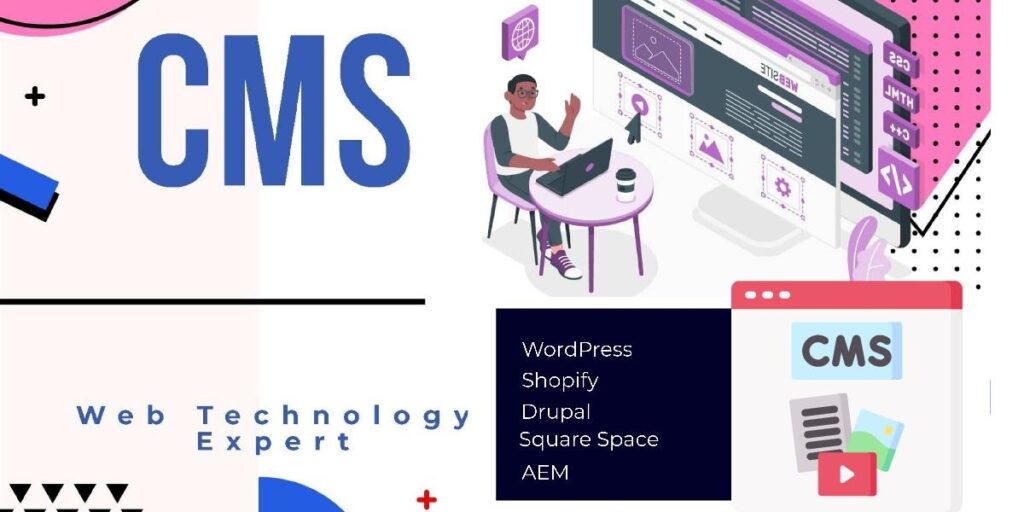Content Management Systems (CMS) are software that helps you manage your website’s content and structure. While there are many different CMS systems out there, they all have one goal in common to make the lives of webmasters and developers easier.
So they can focus on creating amazing content rather than building the framework that holds it all together. This complete guide to CMS development will show you how to choose the right CMS system for your needs, as well as give you an overview of what to expect when developing a CMS system from scratch.
CMS Explained
A Content Management System (CMS) is a web application that allows its users to easily create, edit, manage and publish content on websites.
Using a CMS makes it easy for non-technical users – e.g. members of your team or clients to update and modify their website content, whether that be text, images, or video.
Benefits of CMS
A Content Management System is not just another type of web design. Having a good website on paper isn’t enough anymore. Your site has to be easy for both you and your users. An easy-to-use website starts with a CMS, or content management system.
All websites contain some kind of content, text, images, videos, audio files, etc. which need to be edited regularly.
For example, if you are launching a new product line or would like to feature an About Us page on your site instead of having it open all year round.
With traditional HTML- based sites editing these elements can take hours – even days depending on how intricate they are.
By adding a CMS, you will have more time to focus on what’s important adding fresh, new content.
A content management system makes it possible for non-technical people to edit their websites themselves through an intuitive interface.
It simplifies day-to-day tasks such as uploading photos, changing and rearranging pages within your site (including subpages), updating text or deleting pages without knowing much about coding or anything technical at all.
CMS Features
This is a guide to building various types of websites using a Content Management System (CMS).
- The first part covers basic terminology and what you should be looking for when shopping for a system.
- To get started, you must know what you need your system to do for it to work best for your business or organization.
- The second part dives into some advanced features that most of these systems have but don’t talk about.
Types of CMS
Deciding what kind of CMS you’re going to develop is your first step in creating a content management system.
There are a number of different types of CMS, each with its perks and shortcomings –
- Web-apps
- Content portals
- E-commerce software
- Bogging platforms
- Forums – the list goes on
If you want to create a free and open-source platform that anyone can use for any reason or purpose then you’ll probably want to go with an open-source CMS.
Getting started with CMS development
Whether you’re new to CMS development or a seasoned expert, it’s important that you know how best to get started with your project.
You might start off with a content model and not know where to go from there. Or maybe you know where you want your codebase and user interface design work headed, but need help getting there.
Defining success for your CMS project
The success of your CMS project is ultimately measured by how much and what kind of content is added to it over time.
If you are building a site that will be updated constantly, you should look for a CMS platform that makes updates easy.
Depending on your site goals, your success can also be measured by short-term milestones like a quick launch or deep integration with other parts of your business infrastructure.
Some of these terrible content management systems include-
- WordPress
- Joomla
- Drupal
While these platforms have their own communities behind them they are simply not built to handle large-scale applications like business websites.
CMS is a codeless solution
A CMS is a web application that enables users to build, manage and maintain websites without needing to know HTML, CSS, JavaScript, or other coding languages. A single CMS can be used for any type of website it’s all about tailoring its features and functionality so it can meet your needs. This allows you to update a site as often as you like without having to wait for an outside resource or coder.

